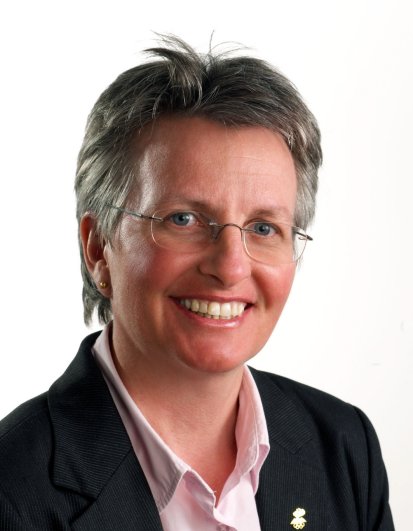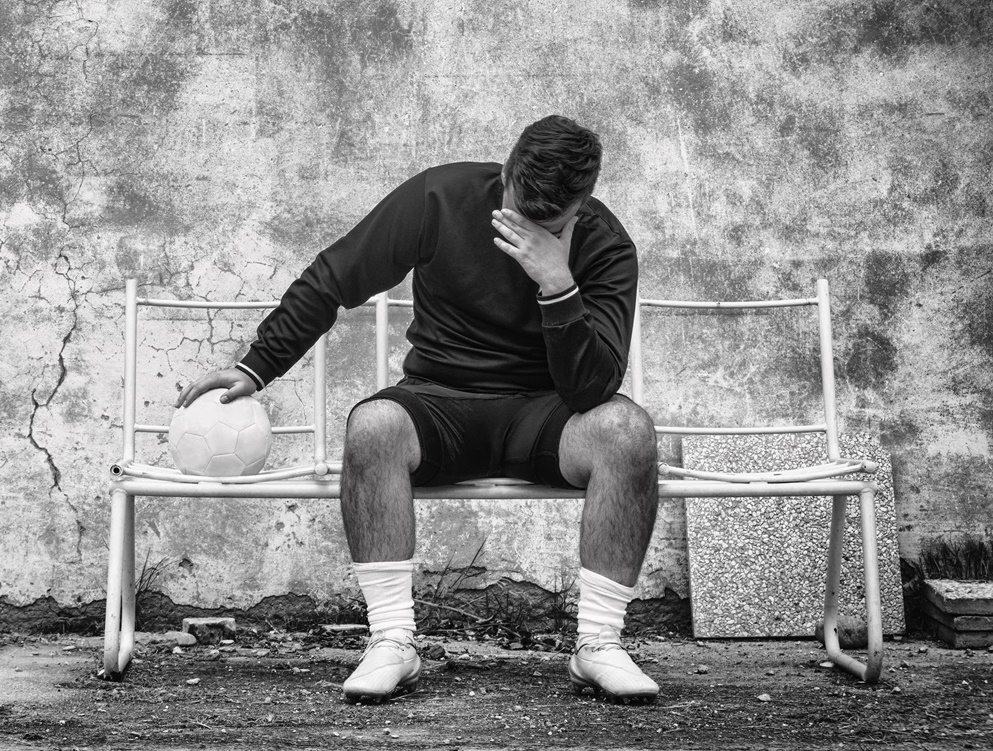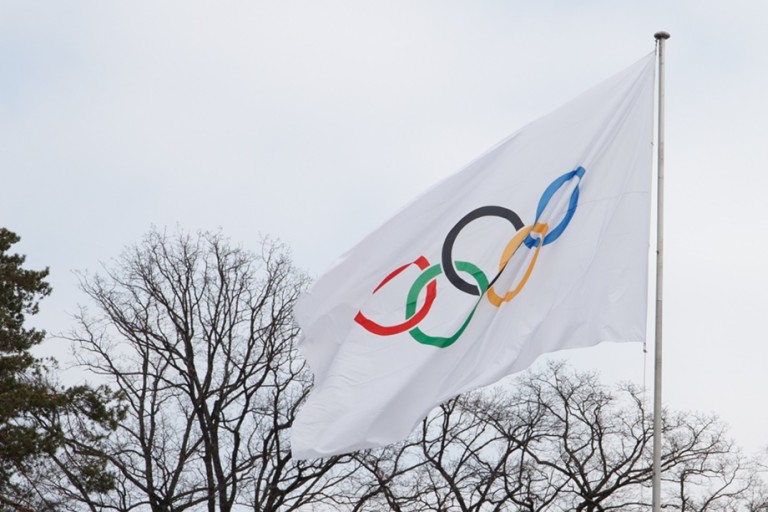The National Olympic and Sports Association of Iceland claims it’s designing a queer education talk for the clubs within the association. Its secretary-general fears that it’s harder for gay men to come out in the world of sports than women.

Líney Rut Halldórsdóttir is the secretary-general of The National Olympic and Sports Association of Iceland (ÍSÍ). She says that queer education is touched upon during the coaches’ training. “But for the past few months we have been preparing a queer education talk to take out to the clubs, to open the eyes of the coaches and managers, as well as other athletes, that prejudice is unacceptable – if there is prejudice in sports, we have to eliminate it. The thing about prejudice is that it lurks everywhere, not only in sports, but I believe there’s less of it now than has been in the past.”
Líney thanks those few athletes who have come out publicly recently for an increased change in attitude. “I think that there’s been more talk of this in the past 2-3 years which has made people more aware. Those kids who have come out have definitely made a change.
But it seems to me that it’s easier for queer girls than boys to come out in sports. I wonder if that’s because the queer boys don’t participate as much in sports or because they hesitate to try to get as far they can and avoid achieving as much because they’re scared of the attention their sexual orientation might get. It’s worrying if that is the case.”
“If there’s prejudice against queer people, it’s got nothing to do with sporting associations but the society as a whole and those individuals who join the clubs.”
Líney says that in her personal opinion, queer prejudice in sport isn’t just about the sports’ society. “If there’s prejudice against queer people, it’s got nothing to do with sporting associations but the society as a whole and those individuals who join the clubs.”

When inquired about a committee that was supposed to assess the conditions of minority groups within the association, as agreed at ÍSÍ’s annual convention in 2006, Líney says that she doesn’t have information on the results, as that was quite some time before her appointment.
Asked whether ÍSÍ has set some specific rules or regulations about the participation of trans or intersex people in sports competitions and championships, Líney states that they follow guidelines from the International Olympic Committee, who recently published a new policy regarding transgender athletes, stating that male-to-female contestants only had to provide evidence of a certain hormonal condition, and not to have had a genital surgery, to be able to compete as females.
See also: ÍSÍ has to fight homophobia
Queer athletes are ignored and silenced
Main photo: Tom Page, Flickr.


